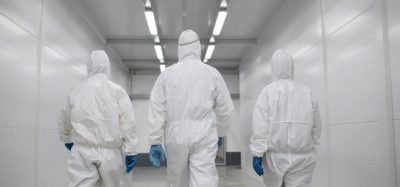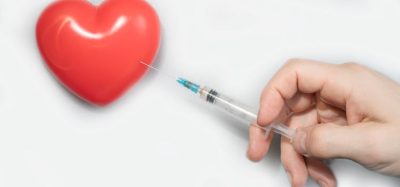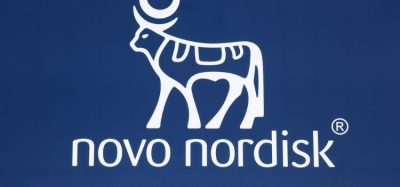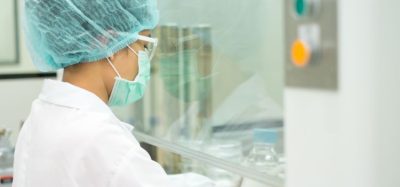Novel oral therapy shows potential in plaque psoriasis
Posted: 4 July 2023 | Catherine Eckford (European Pharmaceutical Review) | No comments yet
“Development of a novel oral therapy that specifically targets IL-23R could potentially change the treatment paradigm” in moderate-to-severe plaque psoriasis (PsO), stated a Janssen R&D VP.
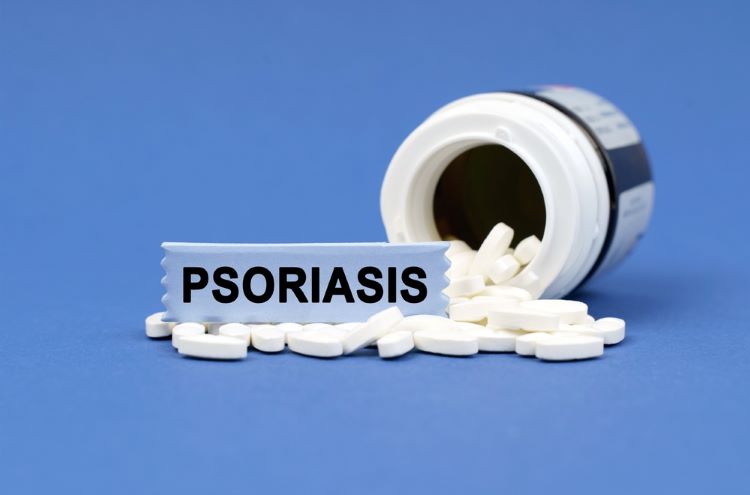

JNJ-2113, the first and only oral interleukin-23 receptor (IL-23R) antagonist peptide in development for moderate-to-severe plaque psoriasis (PsO) has demonstrated positive results in a Phase II trial.
Janssen’s Phase IIb FRONTIER 1 clinical trial for adult participants achieved all primary and secondary efficacy endpoints, according to topline results showcased by Bissonnette R, Pinter A, Ferris L, et al. at the World Congress of Dermatology 2023. A greater proportion of patients who received JNJ-2113 achieved PASI 75 (primary endpoint) as well as PASI 90 and PASI 100 (75, 90 and 100 percent improvement in skin lesions) compared to placebo, at week 16.
“The development of a novel oral therapy that specifically targets IL-23R could potentially change the treatment paradigm for patients living with moderate-to-severe plaque psoriasis,” stated Dr Lloyd Miller, PhD, Vice President of Immunodermatology Disease Area Stronghold Leader for Janssen Research & Development, LLC.
How does Janssen’s oral IL-23R antagonist for plaque psoriasis work?
JNJ-2113 is a novel oral IL-23R antagonist peptide that binds with high affinity to the IL-23R. It has properties that allow it to be absorbed orally, according to data presented at 2023 ISID Meeting. The treatment selectively and potently blocks IL-23 signalling and downstream inflammatory cytokine production.
Topline results from the Phase IIb trial for JNJ-2113
PASI 75 (primary endpoint)
The proportions of patients receiving JNJ-2113 who achieved PASI 75 demonstrated the following dose responses at week 16 compared to 9.3 percent of patients receiving placebo:
- At 25mg daily: 37.2 percent
- At 25mg twice daily: 51.2 percent
- At 50mg daily: 58.1 percent
- At 100mg daily: 65.1 percent
- At 100mg twice daily: 78.6 percent.
PASI 90 (secondary endpoint)
The proportions of trial participants receiving JNJ-2113 who achieved PASI 90 demonstrated the following dose responses at week 16 compared to 2.3 percent of those given placebo:
- At 25mg daily: 25.6 percent
- At 25mg twice daily: 26.8 percent
- At 50mg daily: 51.2 percent
- At 100mg daily: 46.5 percent
- At 100mg twice daily: 59.5 percent.
PASI 100 (secondary endpoint)
The proportions of those receiving JNJ-2113 who achieved PASI 100 also demonstrated the following dose responses at week 16 compared to 0 percent of patients receiving placebo:
- At 25mg daily: 11.6 percent
- At 25mg twice daily: 9.8 percent
- At 50mg daily: 25.6 percent
- At 100mg daily: 23.3 percent
- At 100mg twice daily: 40.5 percent.
Treatment was generally well tolerated, and the proportions of patients with adverse events were comparable between patient groups.
“Until now, advanced psoriasis treatments have been largely limited to injectable biologics.” This novel option could “address the needs and preferences of patients, and may offer greater freedom, with the aim of driving greater adoption of advanced treatment,” Dr Miller added.
Findings from the FRONTIER 1 clinical trial suggest the potential of JNJ-2113 across additional IL-23-mediated diseases. Janssen stated that it plans to advance JNJ-2113 into Phase III clinical development for moderate-to-severe plaque PsO and initiate a Phase IIb clinical trial for adults living with ulcerative colitis.
Related topics
Big Pharma, Biopharmaceuticals, Clinical Development, Clinical Trials, Drug Development, Drug Safety, oral therapeutic candidate, Research & Development (R&D), Therapeutics




